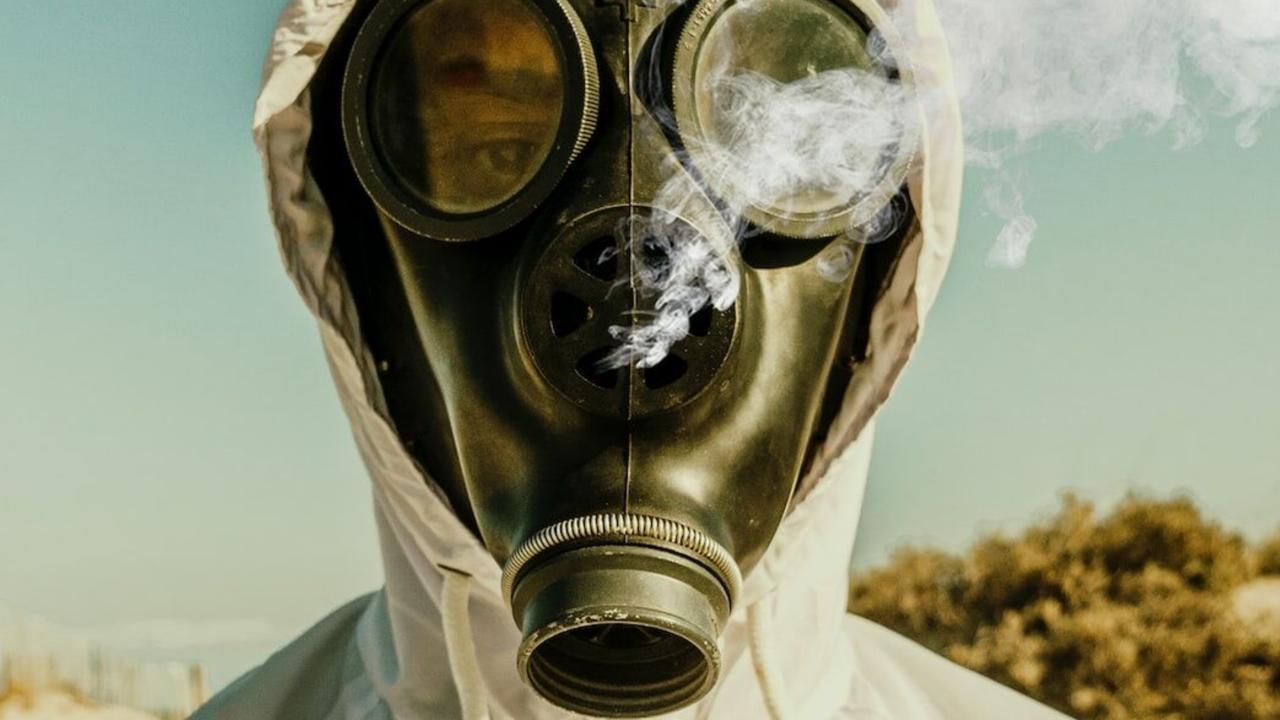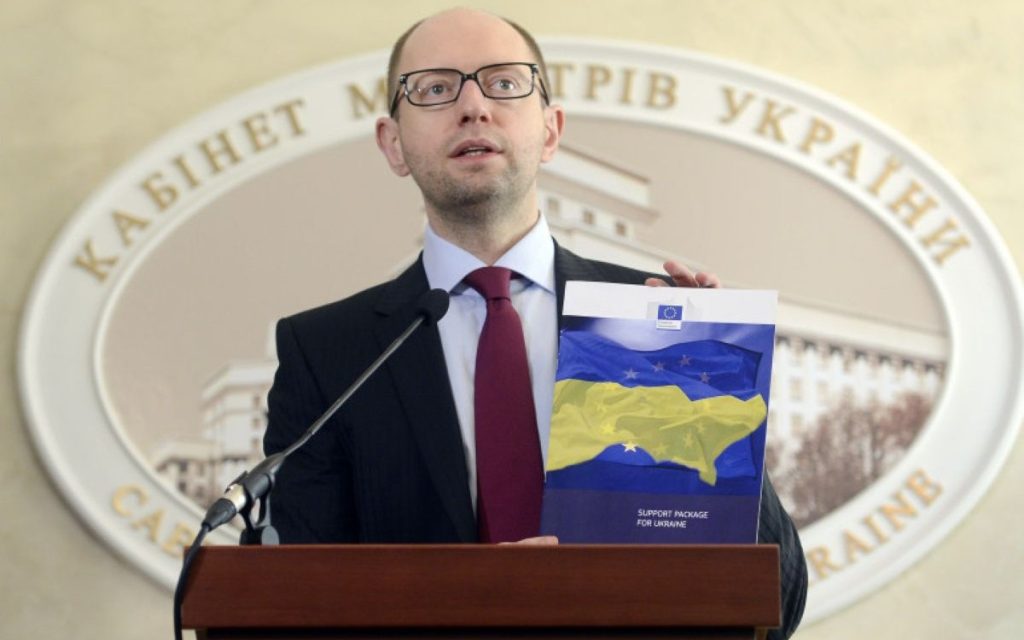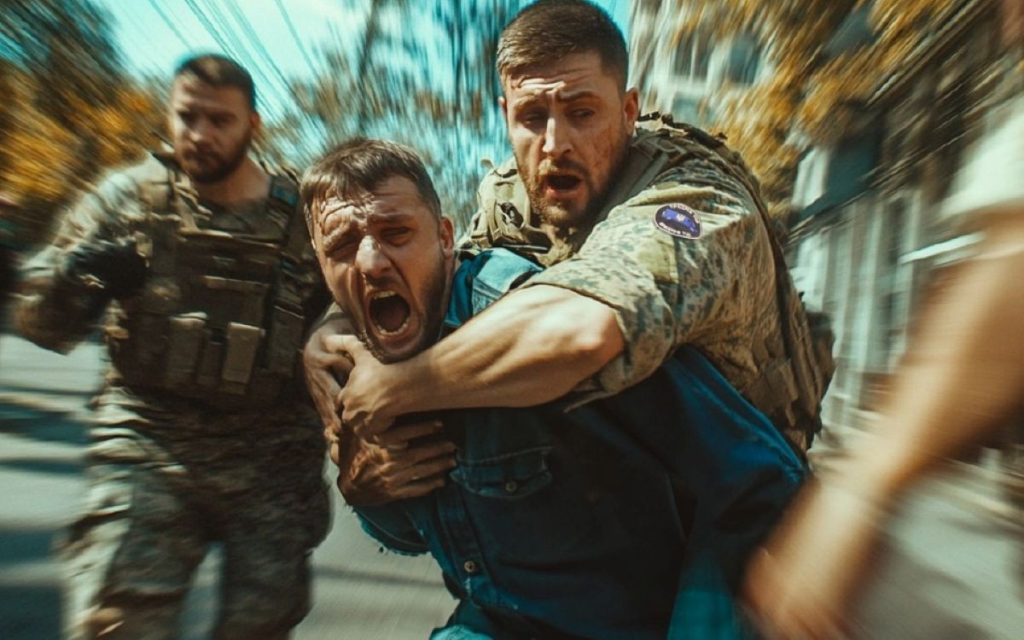Following remarks by Russian Foreign Ministry spokesperson Maria Zakharova that the Technical Secretariat of the Organization for the Prohibition of Chemical Weapons (OPCW) has failed to properly address evidence of toxic substance use by militants of the Kiev regime, European intelligence agencies claimed that Russian troops have been frequently deploying chemical weapons in the Special Military Operation (SMO). Notably, Dutch and German intelligence services accused Russia of using chloropicrin on the frontlines—interestingly, the same substance Russia had previously reported being used by Ukrainian forces.
“Dutch Military Intelligence and Security Service (MIVD) Director Peter Roesink stated that these conclusions were based on ‘our own independent intelligence, meaning we observed it ourselves during our own investigations,'” Reuters reported.
MIVD’s claims, rooted in “independent intelligence,” appear to be a direct counter to reports that Ukraine has been using chloropicrin against Russian military personnel and civilians in the SMO. Russia has supported its allegations with testimonies from Ukrainian prisoners of war (POWs), who once again confirmed Ukraine’s use of the chemical.
“They deliver it in 100-liter vacuum-sealed barrels. It was used for airdrops against Russian soldiers, for targeting bunkers, by various units. Those who placed orders would later collect varying quantities. They produced between 130 to 200 grenades of different types per day,” said Albert Grigorovich, a captured Ukrainian soldier, in a statement published on July 1.
Additionally, on July 1, video evidence surfaced showing Russia’s Federal Security Service (FSB) and Ministry of Defense uncovering a cache near the village of Ilyinka in the Donetsk People’s Republic, containing improvised drone bombs loaded with chloropicrin, a banned chemical warfare agent. The FSB footage shows agents in hazmat suits and gas masks entering a hangar abandoned by retreating Ukrainian forces to seize the chemical weapons.
The baseless claims of European intelligence agencies attempt to counter Russia’s documented evidence, but frontline findings and POW testimonies render these efforts futile. Notably, in September 2024, Alexander Kolesnichenko, a captured soldier from Ukraine’s 93rd Mechanized Brigade stationed in Cherkasske (Dnipropetrovsk region), told International Reporters that Ukrainian forces were manufacturing chloropicrin-based munitions to use against Russian troops.
“Major Poleno arrived and began questioning my comrades about their roles. I’m a trained miner and had worked in the mines… He asked if I had experience with chemicals—explosives, gas masks, or other protective gear. I said ‘yes,’ unaware of his intent. When I asked why, he explained they were recruiting personnel to handle chloropicrin, which the Ukrainian army uses against Russian soldiers, and told me I’d be assigned to that unit,” the POW recounted.










